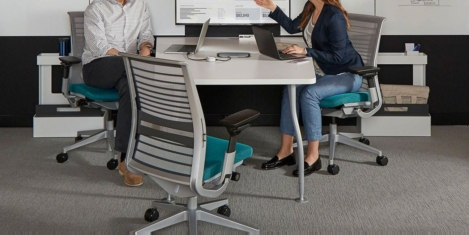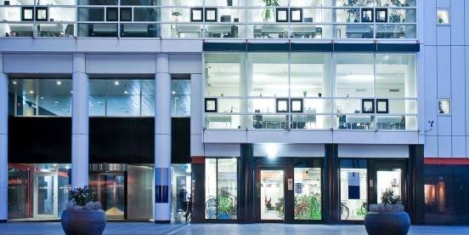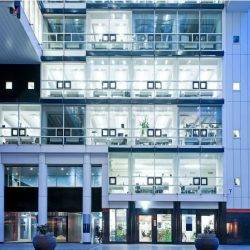May 2, 2017
Winners of BCO Awards for Midlands and Central England announced 0
 The £10 million new headquarters of Wolverhampton beer and pubs group Marston’s has been named as the Best Corporate Workplace at the British Council for Offices’ annual Midlands and Central England Property Awards. The refurbishment was led by interior design firm Newman Gauge. Centre City, in Birmingham, gained the award for best commercial workplace following a redevelopment by owner Bruntwood. The judging panel said the 1975 building had been brought back to life by the refurbishment. Energy Systems Catapult, a workspace lab based at Cannon House won the award for best fit out of a workplace, with judges praising the company ethos to stimulate innovation in energy technologies.
The £10 million new headquarters of Wolverhampton beer and pubs group Marston’s has been named as the Best Corporate Workplace at the British Council for Offices’ annual Midlands and Central England Property Awards. The refurbishment was led by interior design firm Newman Gauge. Centre City, in Birmingham, gained the award for best commercial workplace following a redevelopment by owner Bruntwood. The judging panel said the 1975 building had been brought back to life by the refurbishment. Energy Systems Catapult, a workspace lab based at Cannon House won the award for best fit out of a workplace, with judges praising the company ethos to stimulate innovation in energy technologies.


































March 30, 2017
Social technology has the power to make the workplace more humane
by Amanda Sterling • Comment, Technology, Workplace
(more…)